Global Cancer Research and Control Seminar Series 2025 (Past Webinars)
Past Webinars
(Displaying 11 - 20 of 30)2023
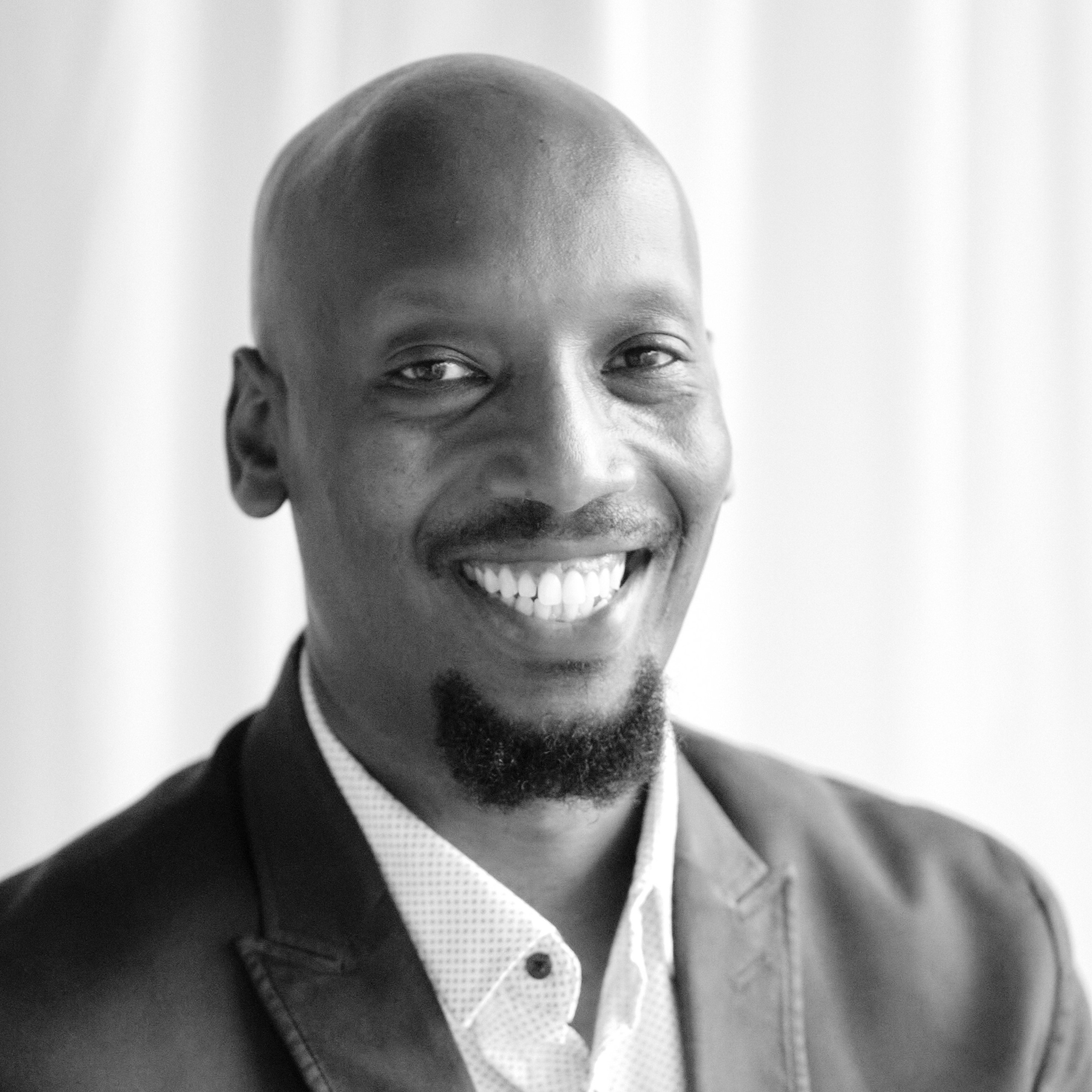 Christian Ntizimira, M.D., M.M.Sc., Executive Director
Christian Ntizimira, M.D., M.M.Sc., Executive Director
African Center for Research on End-of-Life Care
Christian Ntizimira, M.D., M.M.Sc., is the author of “The Safari Concept: An African Framework on End-of-Life Care” and Founder and Executive Director of the African Center for Research on End-of-Life Care (ACREOL), a non-profit organization designed to bring socio-cultural equality through “Ubuntu in End-of-life Care” in Africa. He is a Fulbright alumni and graduate of Harvard Medical School, Department of Global Health and Social Medicine. Dr. Ntizimira is also an alumnus of the Kofi Annan Global Health Leadership Programme, which aims to bring select Africans to strategize, manage, and lead public health programs that will transform public health in Africa.
Dr. Ntizimira is the winner of the prestigious Tällberg-Stervos Niarcos Foundation-Eliasson Global Leadership Prize (2021), for his passionate advocacy for palliative care in Rwanda and elsewhere in Africa, rooted in his deeply held belief that dignified end-of-life care is a human right.
Abstract
Drawing on his research, experiences, and Ubuntu philosophy, Dr. Ntizimira will describe the importance of integrating cultural sensitivity into palliative care, in the Rwandan context.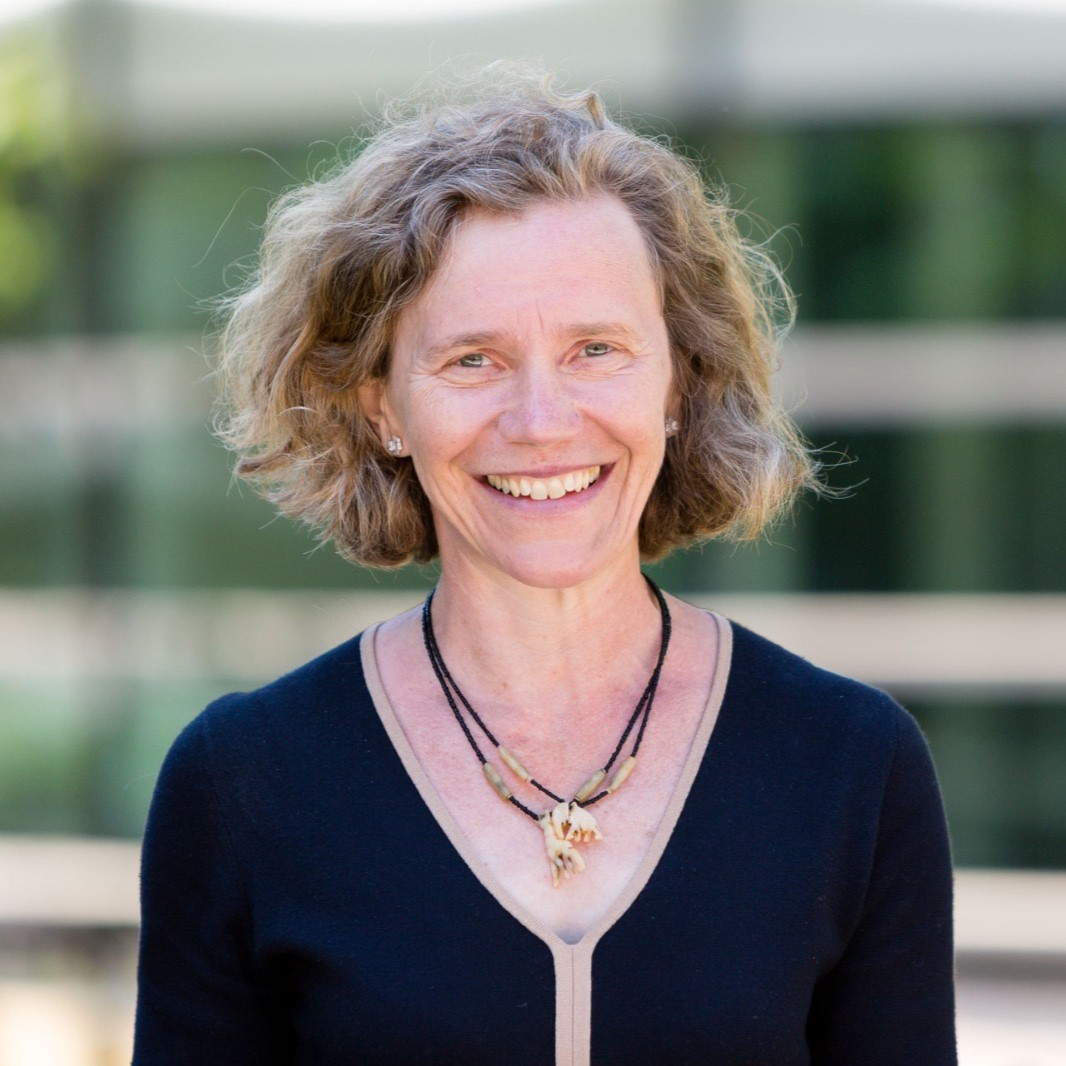 Anna Schuh, M.D., Ph.D., Professor of Molecular Diagnostics
Anna Schuh, M.D., Ph.D., Professor of Molecular Diagnostics
University of Oxford
Anna Schuh, M.D., Ph.D., F.R.C.P., F.R.C.Path., completed her academic and clinical hematology training in Oxford, United Kingdom. From 2006 to 2014, she acted as clinical director of the hematology laboratories at Oxford University NHS Hospital Trust. Since 2006, she has led over 50 early- and late-phase clinical trials in chronic lymphocytic leukemia (CLL), a number of which have changed clinical practice for patients in the UK and worldwide. Professor Schuh served as chair of the UK CLL forum from 2015 to 2018; as chair of the National Cancer Research Institute Collaborative Group for Chronic Lymphocytic Leukemia from 2018 to 2022; and was asked to join the board of the International Workshop on CLL in 2019, where she established the Global Partnership Committee. Her main research interest is in the development, evaluation, and implementation of new technologies for precision diagnostics. Professor Schuh's research group published the first genome-wide longitudinal study on the changes in the genomic landscape of patients undergoing treatment for leukemia and subsequently led pivotal whole genome sequencing studies in collaboration with Genomics England. In the last five years, her group has focused on evaluating whole genome sequencing of liquid biopsies for early cancer detection. She published the first ever deep whole genome analysis of circulating tumor DNA in solid tumors and now oversees research programs evaluating the clinical utility of liquid biopsies for early cancer diagnosis in the UK, Uganda, and Tanzania.
Professor Schuh became a member of Muhimbili University of Health and Allied Sciences (MUHAS) faculty in Tanzania, in 2019 and actively contributes in their hematology M.Med. program. In this role, she serves as Principal Investigator of a 5-year program funded by the UK National Institute of Health Research (NIHR) for improving the diagnosis of aggressive infection-related lymphomas in East Africa (AI-REAL). In addition, Professor Schuh holds a patent in non-invasive prenatal diagnosis of sickle cell disease and has co-founded two biotechnology start-ups, including Seren, a social enterprise to improve access to DNA-based diagnostic in sub-Saharan Africa.
Abstract
In this seminar, Professor Schuh will discuss improving the diagnosis of Burkitt’s Lymphoma in East Africa and the work being done by the NIHR-funded program for improving the diagnosis of aggressive infection-related lymphomas in East Africa (AI-REAL).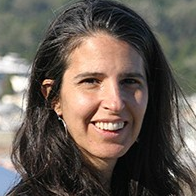 Laura Fejerman, Ph.D., Placer Breast Cancer Endowed Chair
Laura Fejerman, Ph.D., Placer Breast Cancer Endowed Chair
UC Davis Comprehensive Cancer Center
Laura Fejerman, Ph.D., is the Placer Breast Cancer Endowed Chair and Professor in the Department of Public Health Sciences, at the University of California Davis School of Medicine. She is also the Associate Director for Community Outreach and Engagement, co-Director of the Women’s Cancer Care and Research Program (WeCARE), and co-Director of the Latinos United for Cancer Health Advancement (LUCHA) initiative at the UC Davis Comprehensive Cancer Center. She completed her undergraduate degree in social anthropology at the University of Buenos Aires, Argentina and earned her Ph.D. in biological anthropology and M.Sc. in human biology at the University of Oxford, England.
Dr. Fejerman’s research focuses on the discovery of genetic and non-genetic factors that contribute to breast cancer risk and prognosis in Hispanic and Latina women. She built the Peruvian Genetics/Genomics of Breast Cancer (PEGEN-BC) study collaborating with the Instituto Nacional de Enfermedades Neoplasicas, Lima, Peru, which included ~2,000 women with breast cancer. She also leads the Latin America Genetics and Genomics of Breast Cancer Consortium (LAGENO-BC) which brings together researchers from the U.S. and Latin American countries to study the genetics of breast cancer in women of Latin American heritage. Dr. Fejerman is passionate about eliminating cancer health disparities and dedicates part of her time to the development and implementation of cancer education and navigation programs tailored to underserved and under resourced communities in California.
Abstract
In this presentation, Dr. Fejerman will describe research that has linked genetic ancestry in women of Latin American origin with breast cancer risk, breast cancer subtype, and mortality, and discuss genetic and non-genetic contributions to the observed patterns. She will also highlight the need for additional work to improve our understanding of the genetic contribution to breast cancer risk in diverse Latin American communities.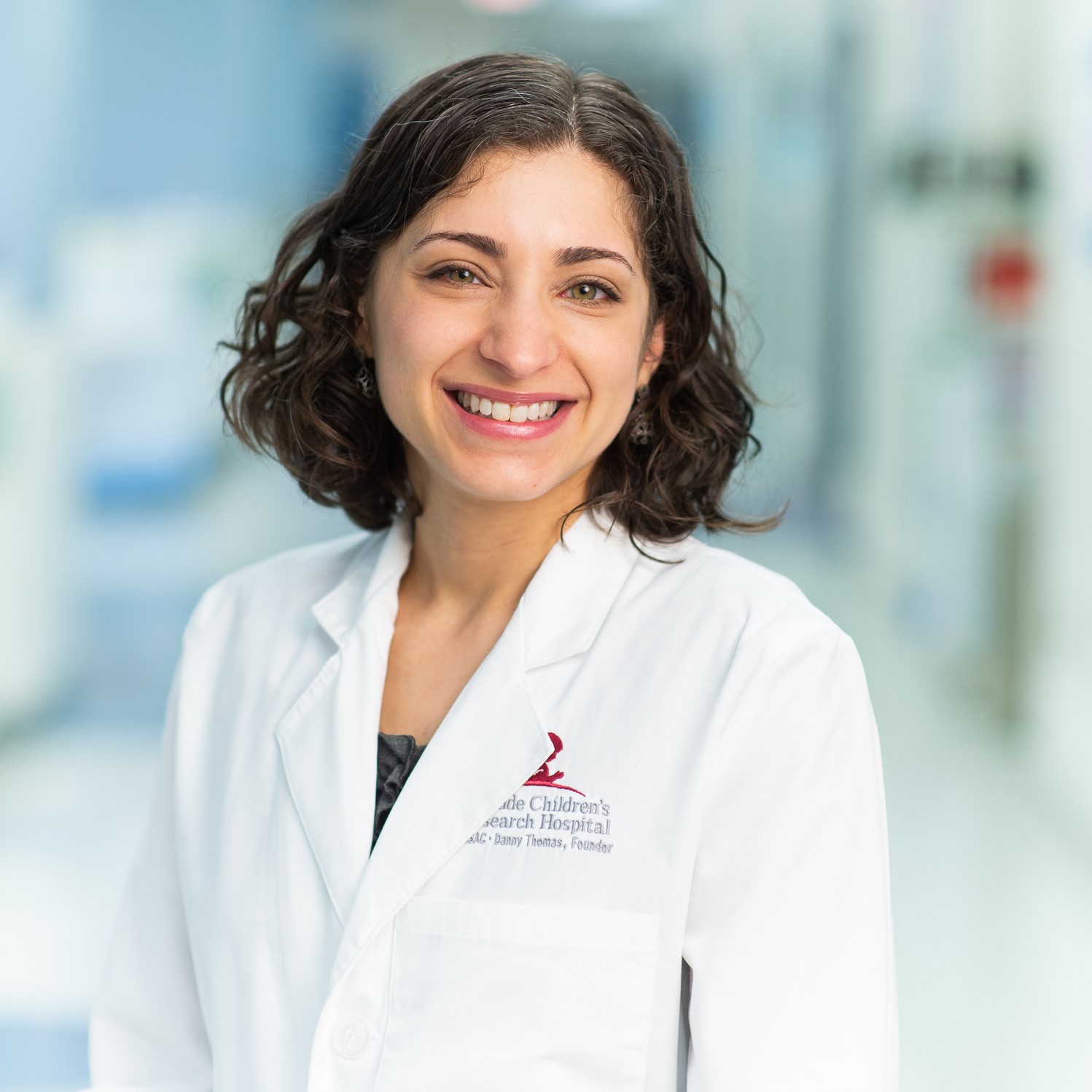 Asya Agulnik, M.D., M.P.H., Director, St. Jude Global Critical Care Program
Asya Agulnik, M.D., M.P.H., Director, St. Jude Global Critical Care Program
St. Jude Children's Research Hospital
Asya Agulnik, M.D., M.P.H., is an Associate Member at St. Jude Children’s Research Hospital in the Department of Global Pediatric Medicine, with a joint appointment in the Department of Pediatrics, Division of Critical Care. Dr. Agulnik is the Director of the St. Jude Global Critical Care Program, Euro Regional Program, and SAFER Ukraine. She is a clinician scientist, with clinical expertise in pediatric onco-critical care and research focused on how to implement, scale-up, and sustain interventions to hospital care and outcomes for children with cancer in resource-limited settings. Dr. Agulnik leads Proyecto EVAT, a quality improvement collaborative in Latin America to support implementation of Pediatric Early Warning Systems (PEWS) — an intervention to improve early identification of clinical deterioration in hospitalized children with cancer. Along with Dr. Virginia McKay, she was recently awarded an R37 grant to study sustainability of PEWS in resource-limited hospitals.
Dr. Agulnik obtained her undergraduate degree from Harvard University and a Master of Public Health degree from the University of California, Berkeley. She earned her medical degree from Stanford University School of Medicine and completed her residency in pediatrics through the Boston Combined Residency Program and pediatric critical care fellowship at Boston Children’s Hospital.
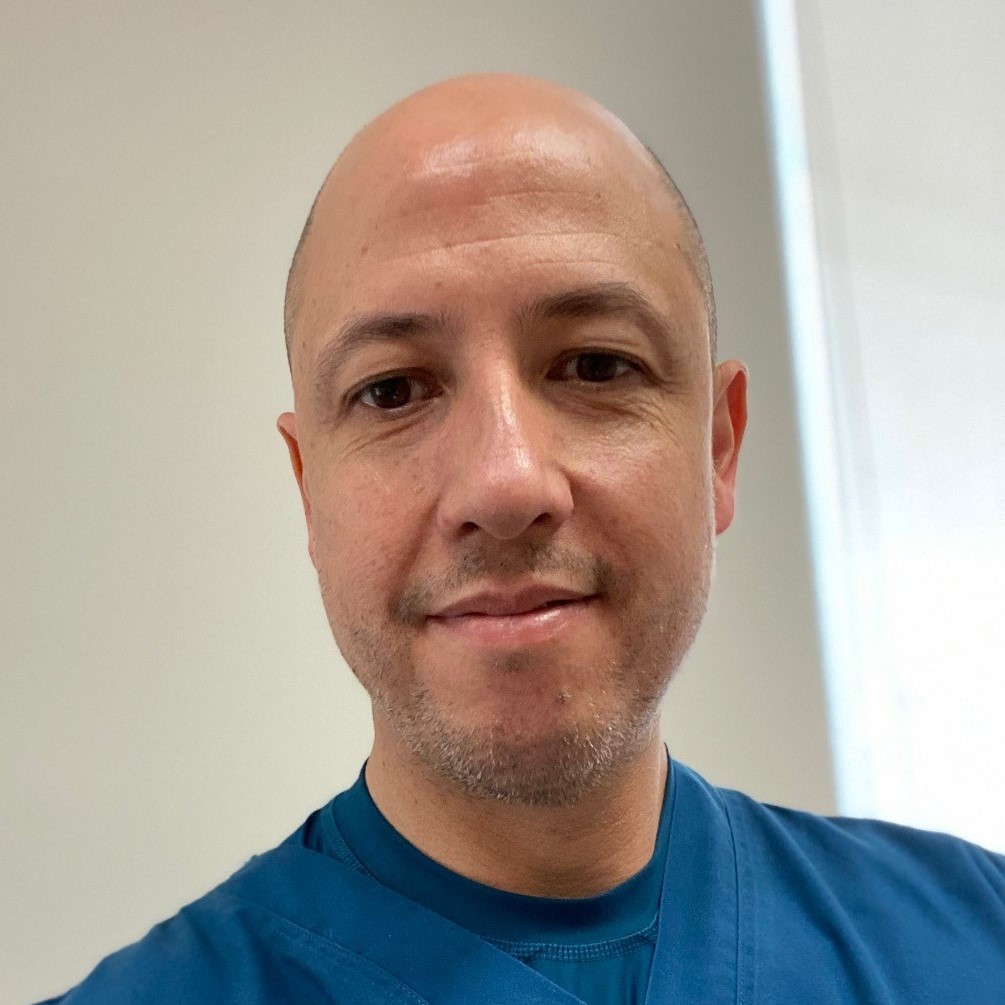 Carlos Acuña, M.D., Chief, Pediatric and Neonatal Intensive Care Unit
Carlos Acuña, M.D., Chief, Pediatric and Neonatal Intensive Care Unit
Luis Calva Mackenna Hospital
Carlos Acuña, M.D., is a pediatric intensivist and Chief of the Pediatric and Neonatal ICU at Luis Calvo Mackenna Hospital in Santiago, Chile. In addition, he serves as ECMO Program Director at the Luis Calvo Mackenna Hospital and Associate Professor in the Department of Pediatrics and Surgery at the University of Chile. Dr. Acuña is a member of the steering committee, EVAT program, and Global Critical Care Medicine Program at St. Jude Children's Research Hospital.
Dr. Acuña obtained his undergraduate and medical degree from the University of Chile where he also completed his residency in pediatrics and pediatric critical care. He completed his training with a Pediatric Critical Care Fellowship at the University of Tennessee Health Science Le Bonheur Children’s Medical Hospital in Memphis.
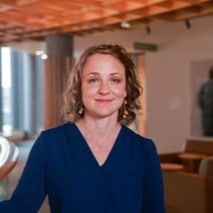 Virginia McKay, Ph.D., M.A., Assistant Professor
Virginia McKay, Ph.D., M.A., Assistant Professor
Washington University in St. Louis Brown School of Social Work & Public Health
Virginia McKay, Ph.D., M.A. is an Assistant Faculty member in the Brown School of Social Work at Washington University in St. Louis. Her research focuses on the dissemination and implementation of evidence-based practices, especially the sustainability and de-implementation of interventions. She serves as a Principal and Co-Investigator on a wide range of funded projects from the National Institutes of Health, Agency of Healthcare Research and Quality, and private foundations. She is a member of the leadership team for the Dissemination and Implementation Research Core at the Institute of Clinical and Translational Sciences at the Washington University School of Medicine and is the Assistant Director of Research with the Center for Public Health System Science at the Brown School.
Abstract
In this presentation, Drs. Agulnik, Acuña, and McKay will describe the challenge of treatment-related mortality in resource-limited settings and explore the use of implementation science to improve childhood cancer survival in these settings. They will focus on their work to implement and sustain one supportive care intervention (Pediatric Early Warning System — PEWS) to reduce mortality related to cancer treatment in resource-limited settings.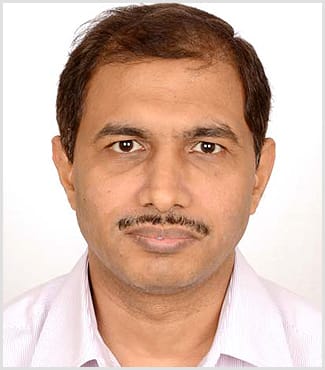 Kumar Prabhash, M.D., D.M., Professor
Kumar Prabhash, M.D., D.M., Professor
Tata Memorial Hospital
Kumar Prabhash, M.D., D.M., is a medical oncologist and Professor at Tata Memorial Hospital in Mumbai, India. His interests lie in head and neck cancer, lung cancer, and the development of cost-effective treatments. Dr. Prabhash has approximately 400 publications.
Abstract
The development of systemic therapy in India provides unique challenges and allows opportunities to develop unique solutions that are effective and easily accessible to patients. In this seminar, Dr. Prabhash will discuss his research around these opportunities and solutions.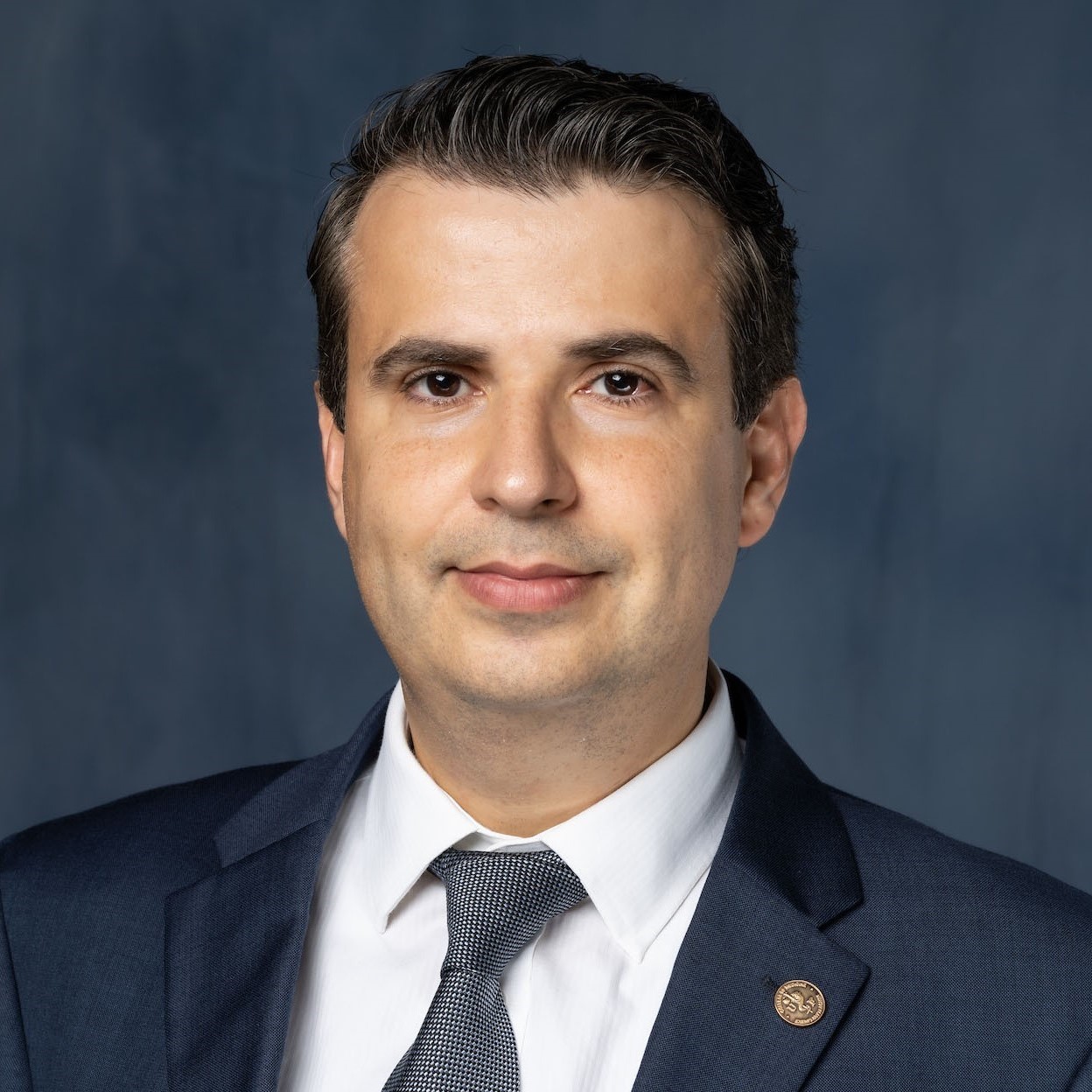 Ramzi Salloum, Ph.D., Associate Professor
Ramzi Salloum, Ph.D., Associate Professor
University of Florida College of Medicine
Ramzi Salloum, Ph.D., is an Associate Professor in the Department of Health Outcomes and Biomedical Informatics at the University of Florida College of Medicine and the Director of the Learning Health System Program at the UF Clinical and Translational Science Institute. Dr. Salloum specializes in studying the implementation of evidence-based programs and policies in tobacco control and cancer prevention and control. He currently serves as co-chair of the Society for Research on Nicotine and Tobacco’s Global Research Network; is an expert panel member of the American Academy of Pediatrics Tobacco Consortium; and a member of the State of Florida Cancer Control and Research Advisory Council.
Dr. Salloum’s research has been funded by the National Institutes of Health, the Patient-Centered Outcomes Research Institute, the Agency for Healthcare Research and Quality, Cancer Research UK, the International Research Development Centre, Florida Department of Health, and the Aetna Foundation. Over the past decade, he has led an active research program in tobacco control in the U.S. and internationally, with a special emphasis on the Eastern Mediterranean Region. He received his Ph.D. in economics from Wayne State University and completed an NCI-supported postdoctoral training in public health at the University of North Carolina at Chapel Hill. Dr. Salloum has authored over 170 peer-reviewed publications.
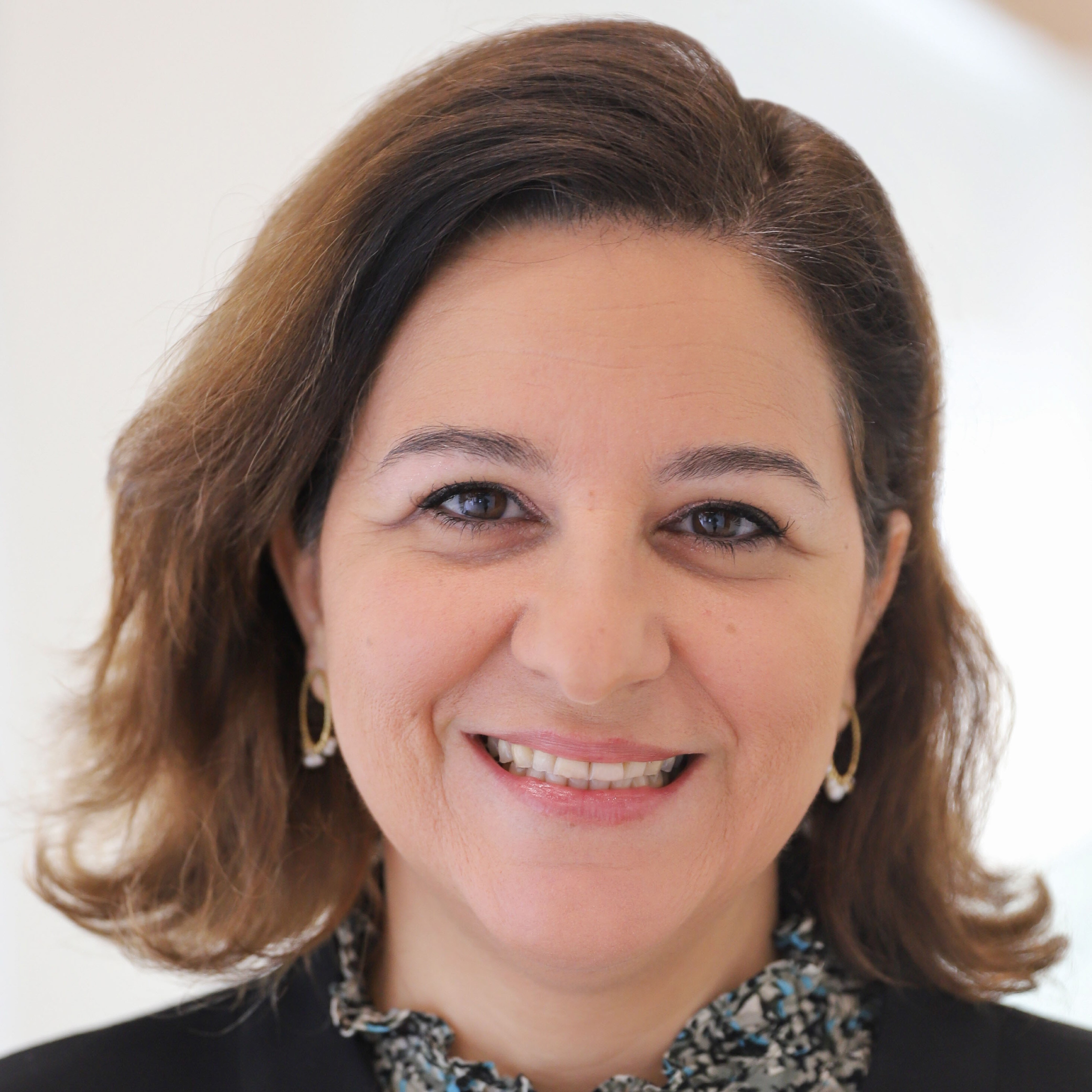 Rima Nakkash, Dr.P.H., Professor
Rima Nakkash, Dr.P.H., Professor
George Mason University College of Public Health
Rima Nakkash, Dr.P.H., is a Professor in the Global and Community Health Department at the George Mason University College of Public Health. Previously, Dr. Nakkash held a position in the Health Promotion and Community Health Department at the American University of Beirut, where she coordinated the AUB Tobacco Control research group. In addition, Dr. Nakkash was co-director of the WHO FCTC waterpipe tobacco smoking knowledge hub and Associate Director of the Knowledge to Policy Center. She is a prevention science expert with expertise in global tobacco control, alcohol, and mental health promotion with a focus on youth and vulnerable populations. In her work, she promotes civic and citizen engagement in health policymaking and translation of evidence-based public health to inform interventions and policy. Her research is supported by the International Development Research Center (Canada), Wellcome Trust (UK), Cancer Research UK, the U.S. National Institute of Mental Health, and the U.S. National Cancer Institute.
Dr. Nakkash received her Dr.P.H. in public health policy from the London School of Hygiene and Tropical Medicine. She has published on community-based participatory research, process evaluation, and implementation research. Her publications range the local, regional, and international scope, focusing on the Eastern Mediterranean region.
Abstract
In this seminar, Drs. Salloum and Nakkash will discuss lessons learned from conducting tobacco control research in the Middle East and North Africa. They will cover how research has supported progress in tobacco control implementation efforts and share recommendations for approaches to address persisting challenges.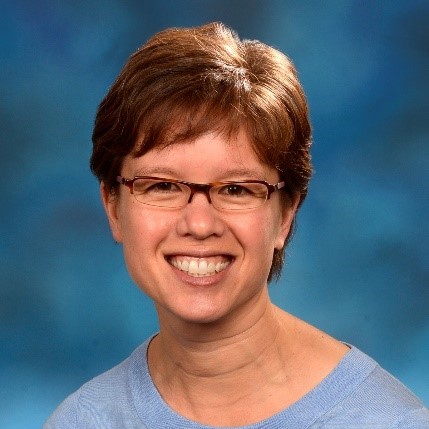 Rebecca Nowak, Ph.D., Assistant Professor
Rebecca Nowak, Ph.D., Assistant Professor
University of Maryland Baltimore School of Medicine
Rebecca Nowak, Ph.D., is an Assistant Professor and infectious disease epidemiologist at the University of Maryland Baltimore (UMB) School of Medicine. She is also an Associate Member of the Population Science Program at the University of Maryland Marlene and Stewart Greenebaum Comprehensive Cancer Center. Dr. Nowak's research focuses on HIV, human papillomavirus (HPV), and the prevention of anal cancer.
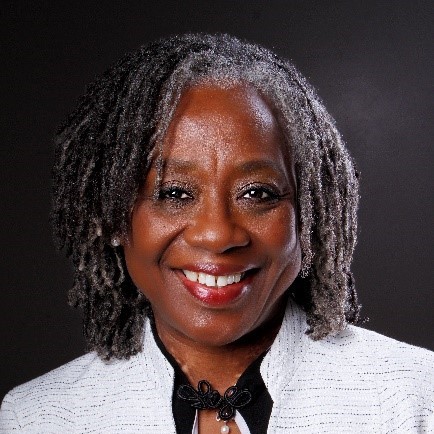 Sylvia Adebajo, M.B.B.S., Ph.D., Country Director, Nigeria
Sylvia Adebajo, M.B.B.S., Ph.D., Country Director, Nigeria
Maryland Global Initiatives Corporation
Sylvia Adebajo, M.B.B.S., Ph.D., is a public health physician focused on communicable disease (primarily HIV) epidemiology. She is the Country Director at the Maryland Global Initiative Corporation, Nigeria which is an affiliate of UMB, and has a dual appointment with the Institute of Human Virology, Nigeria (IHVN). Dr. Adebajo' research focuses on social determinants of HIV service delivery and health systems strengthening among sexual and gender minorities.
Abstract
Drs. Nowak and Adebajo have been working together with IHVN to support the TRUST study. The TRUST cohort, one of the largest cohorts of sexual and gender minorities (SGM) in sub-Saharan Africa, was initiated in 2012 in Lagos and Abuja, Nigeria, and has made seminal contributions to key population research with 50 publications. They are building off the HIV prevention and care work of TRUST to bring cancer prevention through the 'Integrated Model for the Prevention of Anal cancer using screen and Treat for HSIL' (IMPACT) study. IMPACT will use implementation science to accelerate the rollout of a proven efficacious cancer-prevention strategy to a low-to-middle-income resource setting. Their long-term goals are to bring public health prevention strategies for SGM who are living longer with HIV because of effective antiretroviral therapy but need a trusted-community venue to access healthcare professionals.In this talk, Drs. Nowak and Adebajo will discuss the TRUST cohort and key infrastructure that supported the introduction of cancer prevention in Nigeria. They will provide background on the prevalence and persistence of HR-HPV for members of the cohort and describe a 1-year anal cancer screening and treatment program nested within TRUST, which led to the development of the IMPACT study.
2022
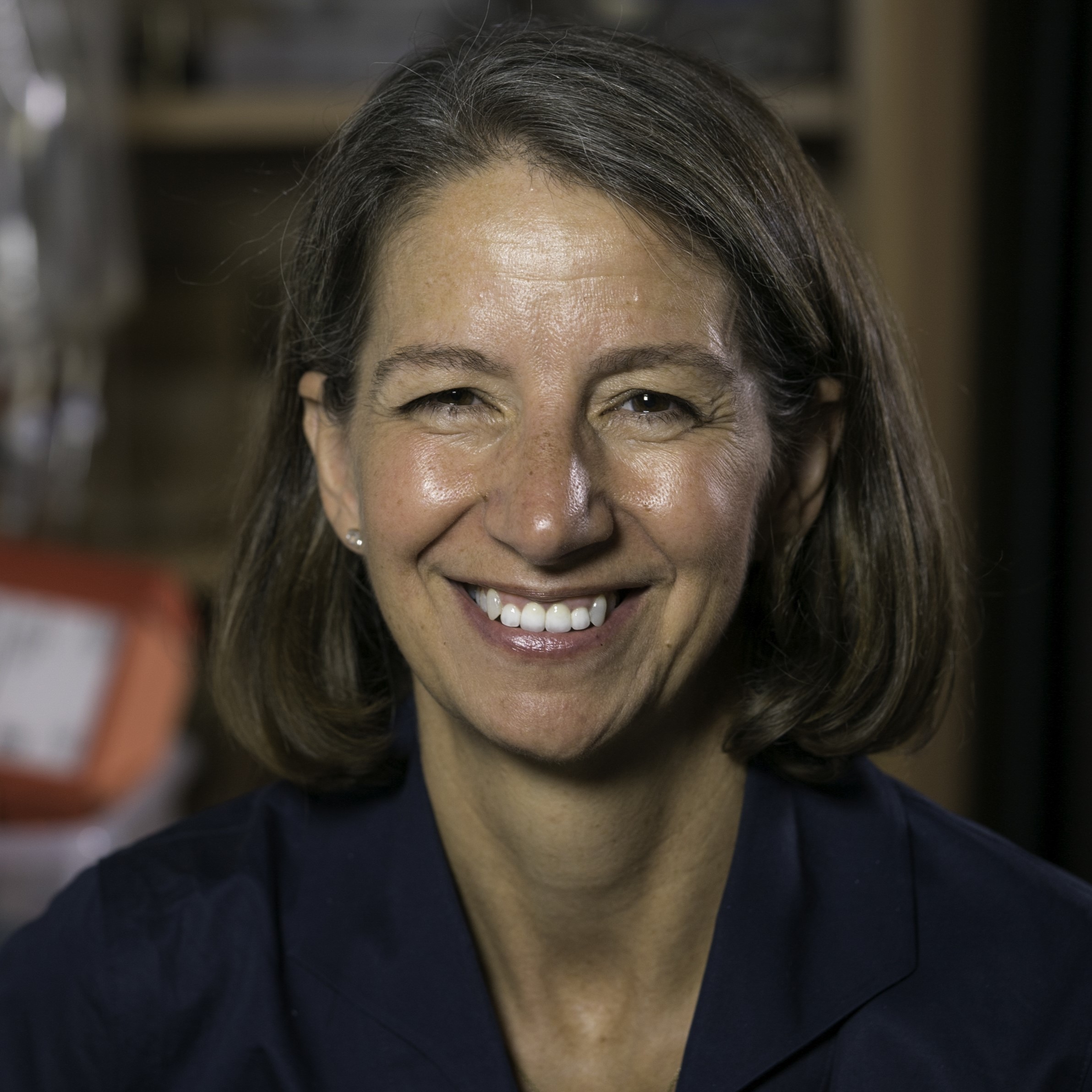 Rebecca Richards-Kortum, Ph.D., Director, Rice 360 Institute of Global Health
Rebecca Richards-Kortum, Ph.D., Director, Rice 360 Institute of Global Health
Rice University
Rebecca Richards-Kortum, Ph.D., is the Malcolm Gillis University Professor of Bioengineering and Director of Rice 360° Institute for Global Health at Rice University. She also serves as the special advisor to the Provost on health-related research and educational initiatives. Her research has been instrumental in improving early detection of cancers and other diseases, especially in low-resources settings. Dr. Richards-Kortum is currently working with colleagues and undergraduate students to develop a Nursery of the Future, to provide technologies necessary to reduce neonatal death in sub-Saharan Africa. Her research has led to the development of 40 patents. In 2008, she was named a Howard Hughes Medical Institute Professor and subsequently received a grant for the undergraduate global health program at Rice University. This program won the Science Prize for Inquiry-Based Instruction from Science magazine and the Lemelson-MIT Award for Global Innovation.
Dr. Richards-Kortum is author of the textbook, Biomedical Engineering for Global Health, more than 230 refereed research papers, and 11 book chapters. Her teaching programs, research and collaborations have been supported by grants from the National Cancer Institute, National Institutes of Health, National Science Foundation, U.S. Department of Defense, Howard Hughes Medical Institute, Bill & Melinda Gates Foundation, Whitaker Foundation, and the Virginia and L.E. Simmons Family Foundation. She is a member of numerous academic associations including the National Academy of Sciences, the National Academy of Engineering and the American Academy of Arts and Sciences. As a member of both the National Academy of Sciences and the National Academy of Engineering, she has the rare distinction of dual membership in the National Academies. In 2016, The American Institute for Medical and Biomedical Engineering (AIMBE) presented its highest honor, the Pierre Galletti Award to Dr. Richards-Kortum.
Abstract
In this talk, Dr. Richards-Kortum will describe lessons learned from developing molecular and imaging-based technologies to improve the early detection of epithelial cancers in low-resource settings and share recommendations for how to accelerate the translation of novel technologies to achieve global impact. M.R. Rajagopal, M.D., Director
M.R. Rajagopal, M.D., Director
Trivandrum Institute of Palliative Science
M.R. Rajagopal, M.D., is the Director of the Trivandrum Institute of Palliative Science, WHO Collaborating Center at Trivandrum, and the Founder and Chairman of Pallium India. His initiatives to remove regulatory barriers to the availability of oral morphine for pain relief have contributed to the simplification of narcotic regulations and the amendment of the NDPS Act of India in 2014. His initiatives have also contributed to the development of a government policy on palliative care in the state of Kerala in 2008 and the Government of India's National Palliative Care Strategy in 2012.
In 2017, a documentary film titled, "Hippocratic: 18 experiments in gently shaking the world," based on Dr. Rajagopal’s contributions to palliative care was released by Moonshine Agency, Australia. Dr. Rajagopal’s honors include: the Padma Shri, the third highest civilian award given annually by the Republic of India; the Alison Des Forges award from Human Rights Watch; and being named one of the 30 most influential leaders in hospice and palliative medicine by the American Academy of Hospice and Palliative Medicine in 2017. In 2022, Dr. Rajagopal published his memoir, “Walk with the Weary,” describing his palliative care journey.
Abstract
In this seminar, Dr. Rajagopal will discuss palliative care research in India.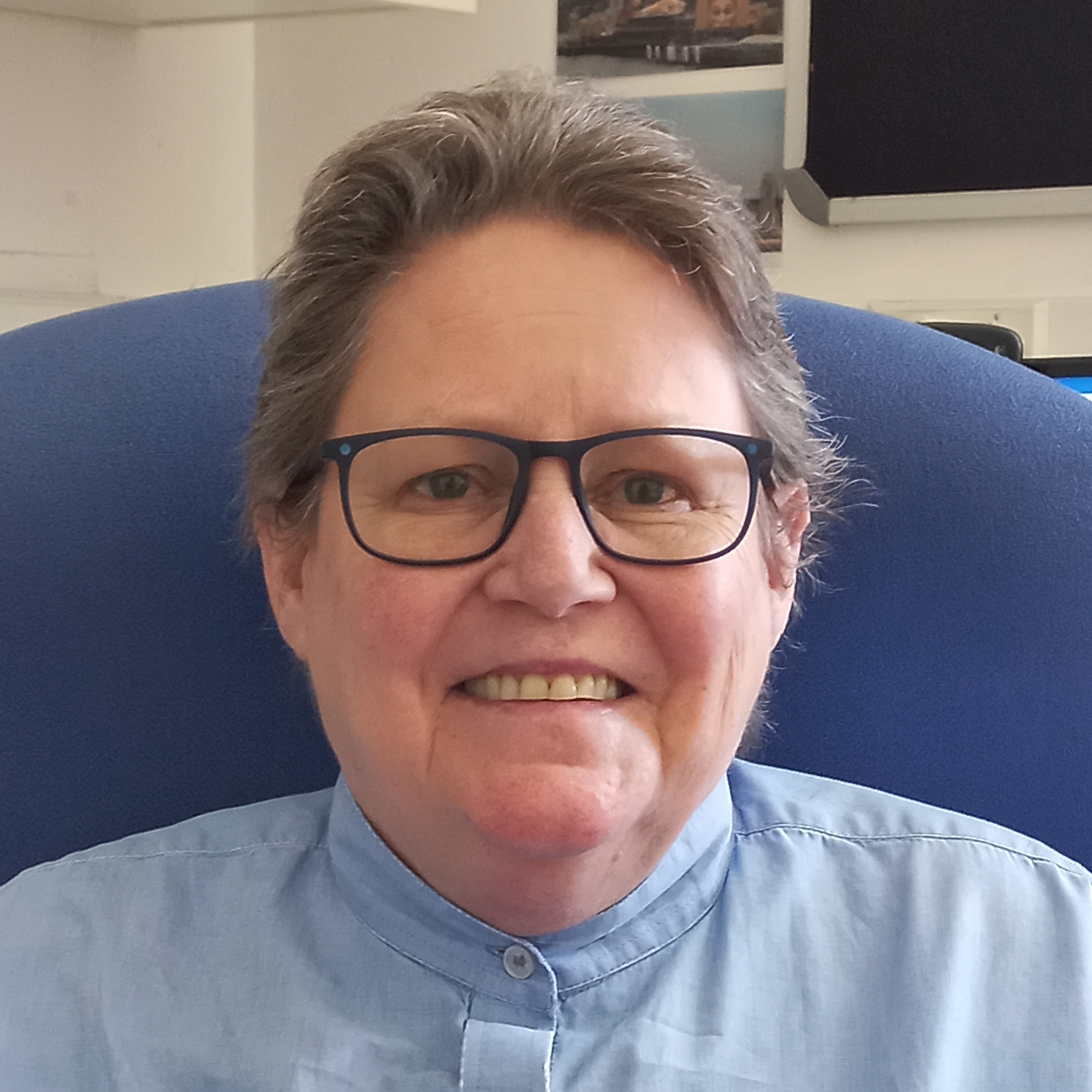 Lynette Denny, M.B.Ch.B., Ph.D., Professor
Lynette Denny, M.B.Ch.B., Ph.D., Professor
University of Cape Town
Lynette Denny, M.B.Ch.B., M.Med., Ph.D., FCOG, FRCOG, Grand Councellor of Baobab (Silver), is a gynecologic oncologist working in the field of cervical cancer prevention in collaboration with colleagues from Columbia University since 1995. Dr. Denny began her collaboration with the intention of evaluating alternative strategies for the prevention of cervical cancer in low-resource settings. Cervical cancer was and remains the most common cancer diagnosed among women living in poor countries due to the failure to either initiate or sustain cytology-based screening programs. Her group pioneered the search for alternative protocols for the prevention of cervical cancer in community-based research sites in townships just outside of Cape Town. Since that time, she has had extensive research experience in cervical cancer prevention, including three cross-sectional studies comparing different screening tests (such as HPV testing and VIA to cytology), a prophylactic HPV vaccine trial in HIV-positive women, and a therapeutic vaccine trial in HPV-negative women. She is currently engaged in an NCI-funded trial evaluating a screen-and-treat approach with the HPV Xpert Cepheid HPV test.
Dr. Denny was appointed the director of the South Africa Medical Research Council Gynecologic Cancer Research Centre. She became Head of the Department of Obstetrics & Gynecologic at the University of Cape Town in 2013. Her tenure ended in April 2022 and she is now a Professor in the Department. In November she was awarded the Order of the Baobab by the President of South Africa for distinguished service to her country. Dr. Denny was a participant in the WHO Clinical Guidelines Group designed to produce recommendations for secondary prevention of cervical cancer and the use of HPV DNA/HPV mRNA testing as a primary screening test.
